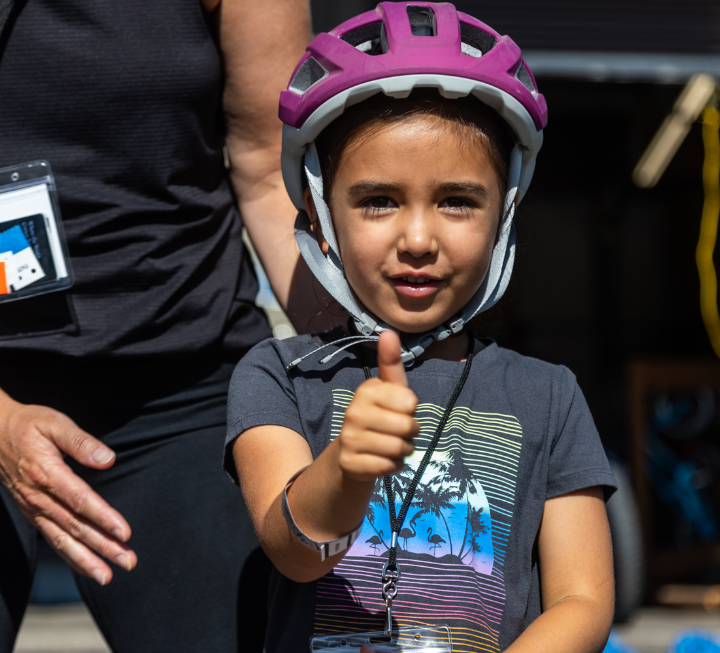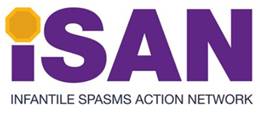
Infantile Spasms Action Network
We are proud members of the Infantile Spasms Action Network (ISAN), a collaborative network of over 25 national and international entities dedicated to raising awareness about infantile spasms – a catastrophic form of epilepsy if not stopped early. As active members of ISAN, we meet twice year with other ISAN members which include the American Academy of Neurology, American Academy of Pediatrics, American College of Emergency Physicians, American Epilepsy Society, Association of Child Neurology Nurses, Bcureful. Belgium TSC, Child Neurology Foundation, Child Neurology Society, CURE Epilepsy, Danny Did Foundation, Dup15q Alliance, Epilepsy Foundation of America, Global Genes, Greenwich Biosciences, Lennox Gastaut Syndrome Foundation, Mallinckrodt Pharmaceuticals, Mickie’s Miracles, National Organization for Rare Disorders, RARE Science, SeizureTracker.com, Tuberous Sclerosis Alliance, and Upsher-Smith Laboratories.
As part of our work with ISAN we are actively engaged in Infantile Spasms Awareness Week (ISAW) December 1 – 7 of each year. The goal of ISAW is to increase awareness and understanding of infantile spasms through the distribution of objective educational materials to providers, caregivers, and the public; the announcement of new and useful research and support initiatives; the recognition of exemplary contributions to care; and the declaration to patients and caregivers that help is available and hope exists. As part ISAW in 2017, we attended a congressional briefing on infantile spasms convened by the Child Neurology Foundation. In 2018, with grant money from the Child Neurology Foundation, we produced this video on behalf of ISAN which has been viewed over 400,000 times on Facebook. Because of its effective and direct messaging, ISAN once again decided to use our video for its ISAW 2019 awareness campaign.
Epilepsy Leadership Council
The Epilepsy Leadership Council (ELC) is collaborative effort across several stakeholder communities (government, advocacy groups, and physicians) with a common goal of improving the lives of those living with epilepsy. The ELC selected our CEO, Monika Jones, to be one of its several members representing it as part of the Epilepsy Benchmarks Stewards group.
Along with the American Epilepsy Foundation and the Epilepsy Foundation of America, the Benchmarks Committee is charged with reflecting the research priorities in epilepsy that represent the entire community. We are tasked with giving the patient voice to the National Institute of Neurological Disorders and Stroke (NINDS) as they redraft the epilepsy benchmarks for future research which include benchmarks for epilepsy surgery in Area IV: Limit or Prevent Adverse Consequence of Seizures and Their Treatment Across the Life Span. This benchmark area focuses on comorbidities that often impact individuals with epilepsy and their families, including the impact of seizures and their treatment on quality of life, development and cognitive function. In this section, common medical conditions, psychiatric issues, and biomarkers of cognitive changes are reviewed.
The new benchmarks will be finalized for presentation at the National Institutes of Neurological Disorders and Stroke’s Curing the Epilepsies Conference and reflect priorities for research toward clinically meaningful advances in understanding and treating the epilepsies.
In early 2020, the epilepsy surgery journey of our founders’ son was selected as the written vignette for the publication prior to the benchmarks meeting
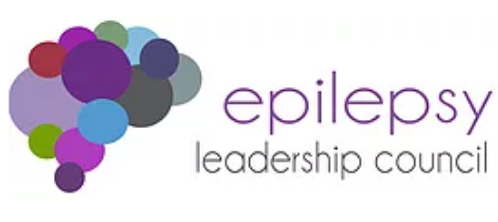
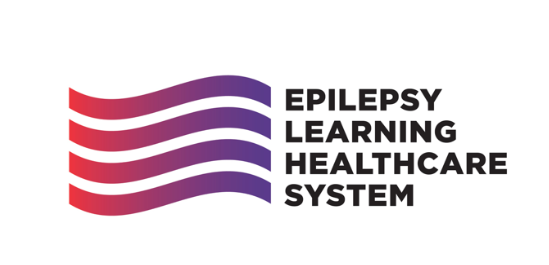
Epilepsy Learning Health System – Community Engagement Core
The Epilepsy Learning Health System is a new initiative by the Epilepsy Foundation to create a learning health system around epilepsy – where science, informatics, incentives, and culture are aligned for continuous improvement and innovation, with best practices seamless embedded in the care process, patients and families active participants in all elements, and new knowledge captures as an integral by-product of the care experience. The Brain Recovery Project was selected to be part of the ELHS Community Engagement Core. We will use this platform to bring the voice of our community to the ELHS and address timely referral to a surgical evaluation, neurosurgeon expertise, improving our understand of implications of surgery, and issues related to acute and chronic recovery across the lifespan.
T•H•R•I•V•E
In late 2018, 2e were asked by the Child Neurology Foundation and Global Genes to be a founding member of Thrive For Rare – a collaborative initiative to engage, embrace, and drive change in the rare disease community. Together with other founding members, we drafted the THRIVE manifesto; this list of values serves to elevate the rare disease community as a whole and help ensure efficient progress towards an inclusive, altruistic goal of creating a better tomorrow for the children, adults, caregivers, clinicians, and fellow advocacy partners engaged in our community.
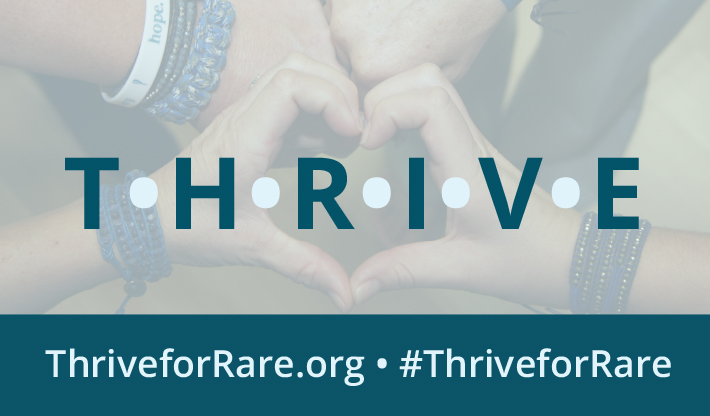

Rare Epilepsies Network
We are members of the Rare Epilepsy Network (REN), a collaboration between the Epilepsy Foundation, RTI International, Columbia University and many different organizations that represent patients with a rare syndrome or disorder that is associated with epilepsy or seizures. We actively work with REN to better understand the behavioral implications of many epilepsies and, as part of the REN Steering Committee, to establish criteria for potential Centers of Excellence for the rare epilepsies.
We have partnered with the Child Neurology Foundation to help with their new initiative – Management of Disruptive and Harmful Behavior in Epilepsy and Autism Spectrum Disorder. This initiative helps us explore the existing chasm between healthcare provider’s ability to offer behavior management support guidance and families’

Collaborative Peer Support Workgroup
We were selected by the Child Neurology Foundation to participate in their Collaborative Peer Support Workgroup supported by an award from the Patient Centered Outcomes Research Institute. The project’s goal is aimed at identifying current gaps and possible strategies to help our community legitimize peer support as an effective intervention for supporting our caregivers. The work group lends their insights and identifies solutions for the entire rare community.
In 2018, as part of this initiative, we attended a boot camp to learn best practices, key elements, and effective techniques to providing peer support that is both helpful and healthy. There, we discussed research that underscores the value, impact, and health benefits of peer support to families, met and shared experiences with colleagues who are providing peer support, explored a common vision and commitment to work together, as providers of peer support, to ensure that families and caregivers have access to someone who will listen and walk with them on their journey. Slides from this boot camp are available here.
In 2019, we provided financial support for and attended a workshop convened by Child Neurology Foundation to understand best practices around peer support. We will use the important information learned at this workshop to develop a forma peer support program for our community in 2020.
In late 2019, we were invited by Wishes for Elliott, an organization dedicated to advancing the research on and accelerating efforts to find answers for children suffering from a range of sodium channelopathies, to be a founding partner in its new initiative – DEE-P Connections. The goal of DEE-P Connections is to bring together families and advocacy partners to help children with developmental and epileptic encephalopathies live their best lives. Our collaboration with this powerful initiative includes participating in webinars about individual education plans for children with multiple and severe disabilities who require significant supports.




